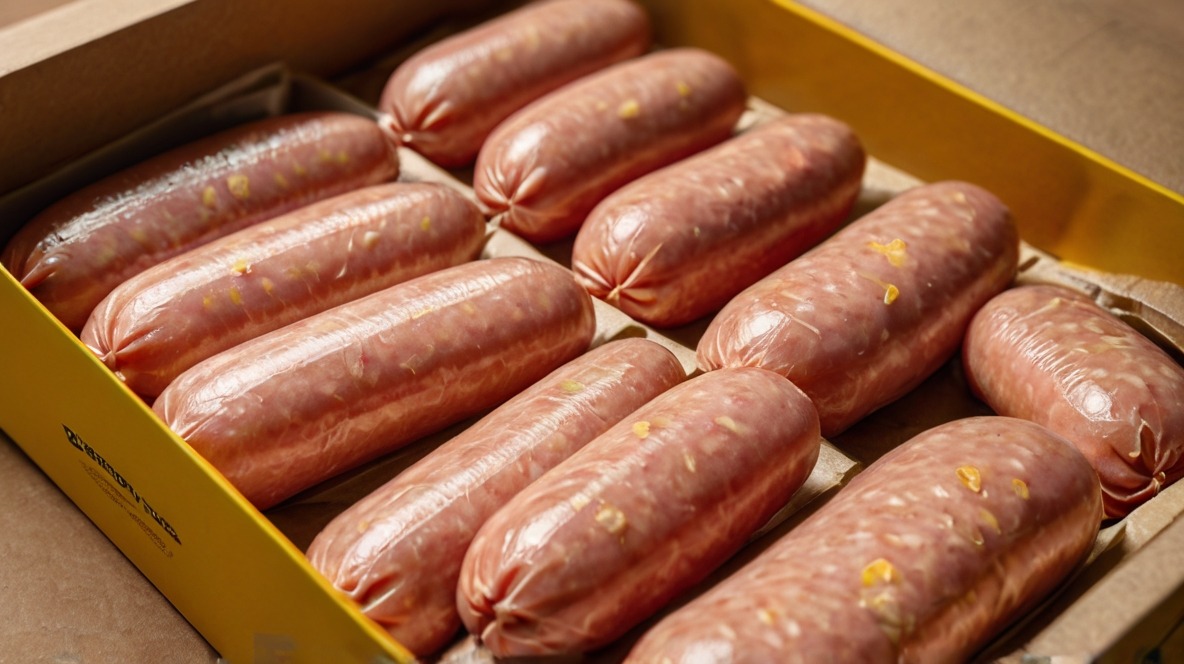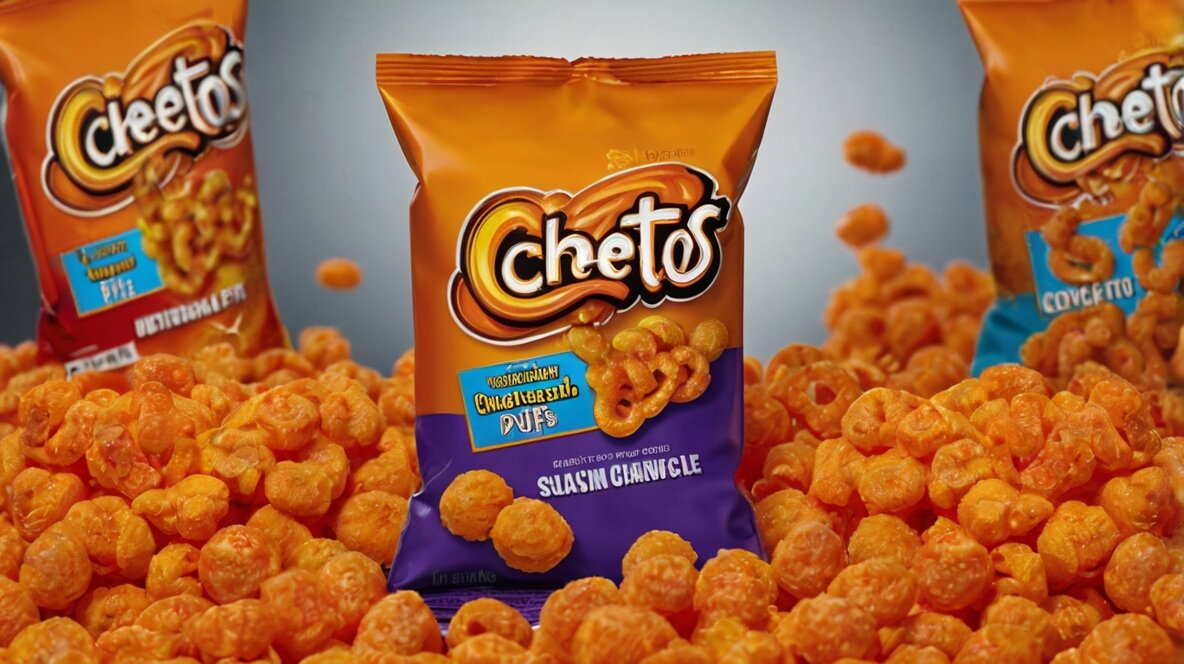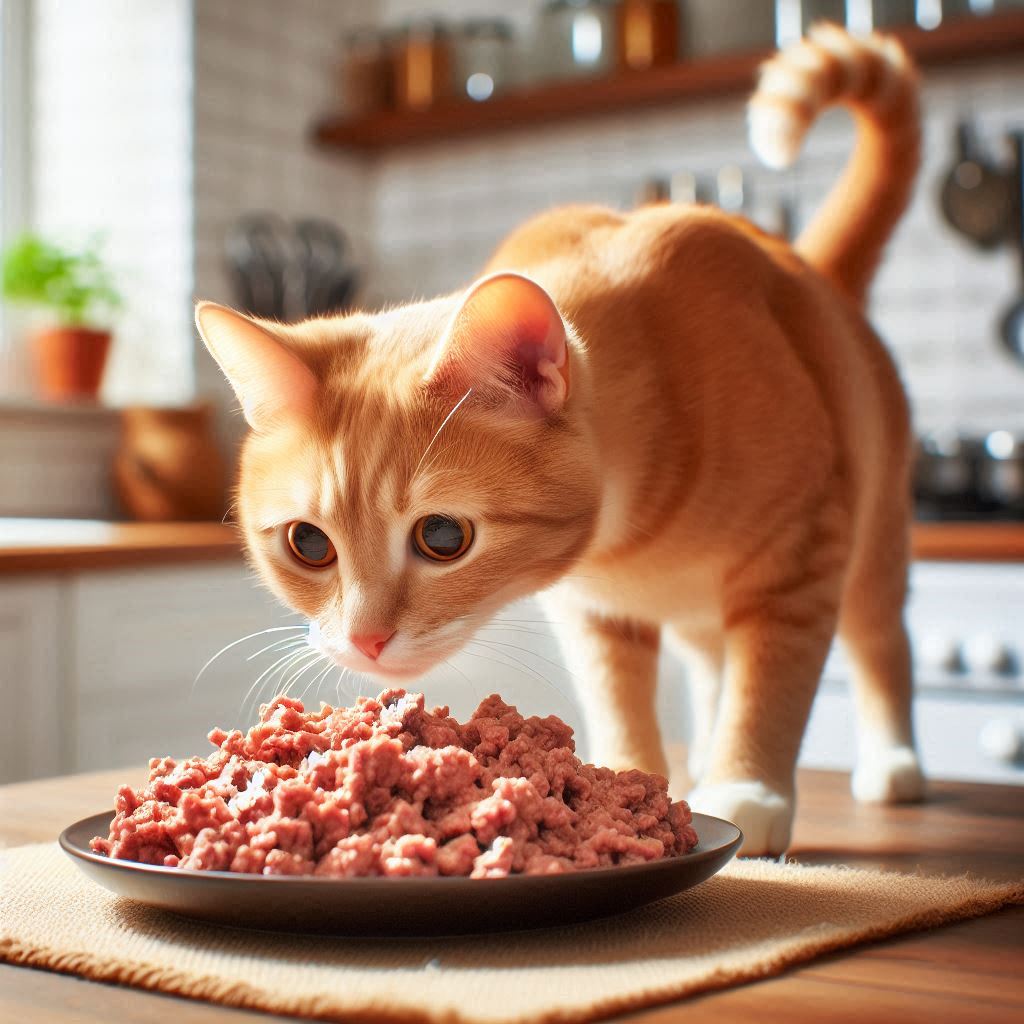Table of Contents
What are Vienna Sausages?
Vienna sausages are small, canned sausages made from processed meats like pork, beef, or chicken. They’re popular as a convenient snack and are known for their long shelf life. However, when it comes to feeding these sausages to pets, their safety is a topic of concern.
Why is it important to discuss the safety of pets?
As pet owners, it’s natural to want to share our food with our furry companions. However, not all human foods are safe for pets. This article explores whether Vienna sausages are a safe treat for cats and dogs, and provides guidance on what to do if your pet consumes them.
2. What are Vienna Sausages?
Ingredients and Nutritional Content
Vienna sausages are typically made from a mix of meats, along with added salt, preservatives, and flavorings. The nutritional content varies, but they generally contain high levels of sodium and fat, making them less than ideal for a balanced diet—especially for pets.


Variations and Types of Vienna Sausages
There are different types of Vienna sausages available, ranging from traditional pork and beef varieties to poultry-based options. While the basic recipe remains similar, the variations may have different implications for pet health, depending on the specific ingredients used.
3. Are Vienna Sausages Safe for Cats?
Potential Risks for Cats
Cats have very specific dietary needs, and the high sodium and fat content in Vienna sausages can be harmful. Excessive sodium can lead to dehydration, while high fat content can cause obesity and pancreatitis. Additionally, preservatives and artificial flavors might lead to allergic reactions or digestive issues.
Benefits and Nutritional Value for Cats (If Any)
Vienna sausages offer little to no nutritional benefits for cats. While they may provide a small amount of protein, the risks far outweigh any potential benefits.
Signs of Illness in Cats after Consuming Vienna Sausages
If your cat consumes Vienna sausages, watch for signs of illness such as vomiting, diarrhea, lethargy, or excessive thirst. These symptoms could indicate sodium poisoning or other adverse reactions and warrant immediate veterinary attention.
4. Are Vienna Sausages Safe for Dogs?
Potential Risks for Dogs
Dogs, like cats, are at risk when consuming Vienna sausages. The high sodium content can lead to increased thirst, urination, and even kidney damage in severe cases. The fat content can contribute to obesity and pancreatitis, particularly in smaller breeds.
Benefits and Nutritional Value for Dogs (If Any)
While Vienna sausages contain protein, the high levels of sodium, fat, and additives negate any potential benefits for dogs. It’s better to offer protein from safer, pet-friendly sources.
Signs of Illness in Dogs after Consuming Vienna Sausages
Signs of illness in dogs after eating Vienna sausages can include vomiting, diarrhea, bloating, or excessive panting. These could be symptoms of an upset stomach, sodium poisoning, or pancreatitis, and should be addressed by a veterinarian promptly.
5. Common Ingredients in Vienna Sausages and Their Effects on Pets
Sodium Content and Its Impact on Pets
Sodium is a significant concern in Vienna sausages. High sodium intake can lead to dehydration, kidney damage, and high blood pressure in pets. It’s particularly dangerous for animals with pre-existing health conditions.
Preservatives and Additives: Safe or Harmful?
Preservatives and artificial additives are common in processed meats like Vienna sausages. These chemicals can cause allergic reactions, digestive issues, and long-term health problems in pets. Some preservatives may even have carcinogenic effects with prolonged exposure.
Fat Content and Its Impact on Pet Health
The fat content in Vienna sausages can contribute to obesity, which is a growing problem among pets. Obesity can lead to joint issues, heart disease, and decreased lifespan. For pets prone to weight gain, even small amounts of high-fat foods like Vienna sausages can be detrimental.
6. Alternative Treats for Pets
Healthier Snack Options for Cats
Instead of Vienna sausages, consider offering your cat lean meats like cooked chicken or turkey, plain canned tuna, or commercial cat treats specifically designed to meet their nutritional needs.
Healthier Snack Options for Dogs
For dogs, healthier alternatives include cooked chicken, small pieces of carrot or apple, or commercial dog treats that are low in sodium and free from harmful additives.
7. What to Do If Your Pet Consumes Vienna Sausages
Immediate Actions to Take
If your pet consumes Vienna sausages, monitor them closely for any signs of distress. Ensure they have access to fresh water to help flush out excess sodium.
When to Contact a Veterinarian
If your pet shows symptoms like vomiting, diarrhea, lethargy, or excessive thirst, contact your veterinarian immediately. These could be signs of a serious reaction that requires prompt medical attention.

8. Expert Insights
Veterinarian Opinions on Feeding Processed Meats to Pets
Many veterinarians advise against feeding processed meats like Vienna sausages to pets due to the high risk of health issues. Dr. Jane Doe, a veterinary nutritionist, states, “Processed meats are not formulated to meet the nutritional needs of pets and can lead to serious health problems over time.”
9. Future Outlook on Pet Nutrition
Trends in the Pet Food Industry
The pet food industry is increasingly focusing on natural, minimally processed foods that cater to the specific nutritional needs of pets. This trend reflects a growing awareness among pet owners about the importance of diet in maintaining their pets’ health.
Growing Awareness About Pet Health and Diet
As more information becomes available, pet owners are becoming more cautious about what they feed their pets. This growing awareness is leading to better choices and healthier pets overall.
10. Conclusion
Summary of Key Points
Vienna sausages are not a safe treat for cats or dogs due to their high sodium, fat, and additive content. While they might seem like a convenient snack, the potential health risks far outweigh any perceived benefits.
Final Thoughts and Recommendations
For the health and well-being of your pets, it’s best to avoid feeding them Vienna sausages. Instead, opt for healthier, pet-safe alternatives that support their nutritional needs without compromising their health.
FAQs
1. Can Vienna sausages cause health problems in pets?
Yes, Vienna sausages can cause health problems in pets due to their high sodium, fat, and preservative content. These can lead to issues like dehydration, obesity, pancreatitis, and even sodium poisoning.
2. Are there any safe alternatives to Vienna sausages for pets?
Yes, there are safer alternatives. For cats, consider lean meats like cooked chicken or commercial cat treats. For dogs, options like cooked chicken, small pieces of carrot, or apple slices are healthier choices.
3. What should I do if my pet accidentally eats Vienna sausages?
If your pet consumes Vienna sausages, monitor them for signs of illness such as vomiting, diarrhea, or lethargy. Ensure they have plenty of water, and contact your veterinarian if they exhibit any symptoms of distress.
4. Are there any benefits to feeding Vienna sausages to pets?
Vienna sausages offer little to no nutritional benefits for pets. The potential risks associated with their high sodium and fat content far outweigh any minor protein content they may provide.
5. Why is sodium harmful to pets?
High sodium intake can lead to dehydration, kidney damage, and high blood pressure in pets. It’s particularly dangerous for pets with pre-existing health conditions and can cause severe health issues if consumed in large amounts.



